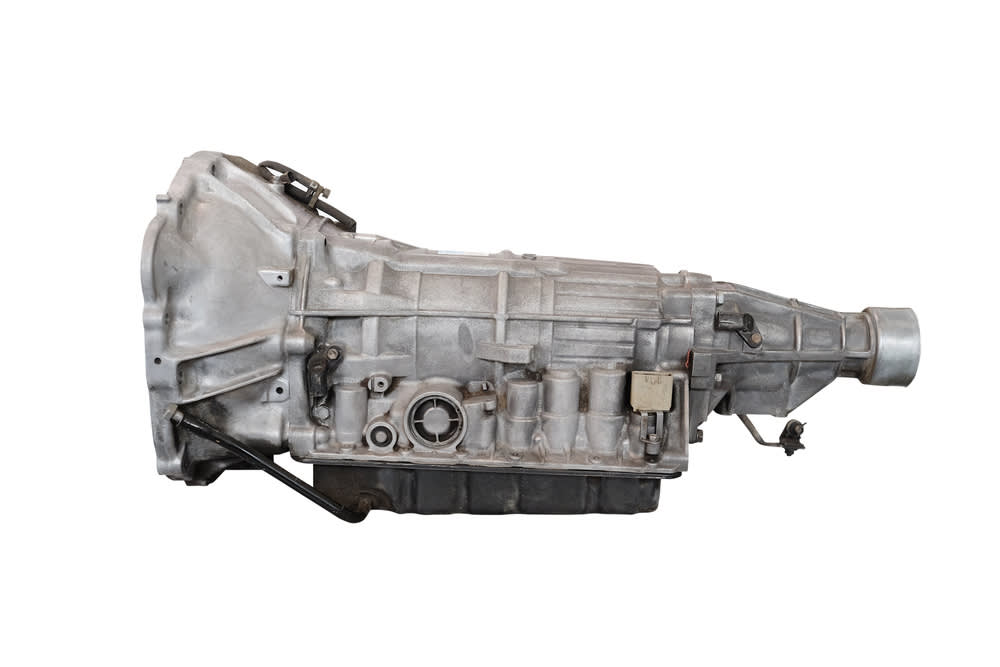A car can be driven with a bad speed sensor for a short distance, but it’s not recommended for extended periods. Ignoring a faulty speed sensor can lead to serious safety issues and potential damage to other components.
Driving with a malfunctioning speed sensor can impact the vehicle’s performance and fuel efficiency, affecting the overall driving experience. It’s crucial to address this issue promptly to ensure safe and smooth operation of the vehicle. Consulting a professional mechanic for a thorough inspection and necessary repairs is advisable to prevent further complications on the road.
Taking proactive steps to resolve speed sensor problems promptly will help maintain the vehicle’s functionality and safety.
Credit: carpart.com.au
Impact Of A Bad Speed Sensor On A Car
A bad speed sensor in your car can have a significant impact on its performance. It can affect the accuracy of speedometer readings, cause transmission issues, and even lead to loss of power. It is crucial to address this issue promptly as driving with a faulty speed sensor can pose safety risks and potentially damage other components of the vehicle.
Decreased Performance
A bad speed sensor can have a significant impact on the performance of your car. When the speed sensor fails to accurately detect the speed of your vehicle, it can result in decreased performance across various aspects of your car’s operation. One of the key areas affected by a bad speed sensor is the engine and its fuel efficiency. With inaccurate speed readings, the engine may not receive the proper signals to adjust the fuel-to-air ratio, leading to reduced fuel efficiency. This can result in more frequent trips to the gas station and higher fuel expenses in the long run. Additionally, a bad speed sensor can lead to a decrease in overall power and acceleration, making it noticeably harder to accelerate and maintain higher speeds on the road.Transmission Problems
Your car’s transmission is responsible for shifting gears and transferring power from the engine to the wheels. However, when the speed sensor is faulty, it can lead to various transmission issues. One common problem associated with a bad speed sensor is erratic shifting or hesitation during gear changes. The transmission relies on accurate speed input to determine the appropriate gear for the driving conditions, but a faulty speed sensor can disrupt this process. This can result in rough and jerky gear changes, potentially causing damage to the transmission over time. Furthermore, a bad speed sensor can also cause the transmission to stay stuck in a single gear or fail to engage in the proper gear altogether. This can lead to a lack of power and reduced overall performance of your vehicle.In conclusion, a bad speed sensor can have a significant impact on the overall performance and functionality of your car. It can lead to decreased fuel efficiency, reduced power and acceleration, as well as transmission problems. It’s important to address any issues with the speed sensor promptly to avoid further damage and ensure optimal performance of your vehicle. So, if you notice any signs of a bad speed sensor, such as erratic speedometer readings or transmission issues, it’s advisable to have it checked and repaired by a qualified mechanic as soon as possible.Signs Of A Bad Speed Sensor
Malfunctioning Speedometer
The most evident sign of a bad speed sensor is a malfunctioning speedometer. If your speedometer fluctuates or stops working altogether, it is a clear indicator of a potential issue with the speed sensor. Keep a close eye on the speedometer for any irregularities.
Inconsistent Cruise Control
Another sign of a bad speed sensor is inconsistent behavior in cruise control. If your vehicle struggles to maintain a consistent speed or the cruise control disengages unexpectedly, it’s likely due to a faulty speed sensor. A properly functioning speed sensor is crucial for the accurate operation of the cruise control system.
Incorrect Gear Shifting
A bad speed sensor can cause incorrect gear shifting in automatic transmission vehicles. You may notice delayed or rough gear shifts, or the vehicle may not shift gears at the appropriate times. This can lead to a decrease in fuel efficiency and overall drivability.
Potential Risks
Driving a car with a bad speed sensor can pose various risks, compromising both your safety and the well-being of your vehicle.
Safety Hazards
Continuing to drive with a faulty speed sensor can lead to safety hazards such as loss of control, erratic shifting, and sudden stalling.
Damage To Transmission System
Ignoring a bad speed sensor can cause damage to the transmission system due to incorrect shifting patterns and excessive wear on components.
Increased Repair Costs
Delaying repairs on a malfunctioning speed sensor can escalate repair costs as it may contribute to further damage in the vehicle’s systems.
Effects On Fuel Efficiency
Driving a car with a bad speed sensor can significantly impact fuel efficiency. Let’s delve into how it affects your gas mileage and driving behavior.
Decreased Gas Mileage
Bad speed sensor -> Incorrect speed readings -> engine performance issues. This leads to inefficient fuel consumption and decreases gas mileage.
Overcompensation Behavior
Loss of accurate speed data -> incorrect assumptions by the engine control unit. This can cause the engine to overcompensate, leading to fuel wastage.
Importance Of Timely Repair
When a car’s speed sensor malfunctions, it’s essential to address the issue promptly to prevent further complications. Ignoring this problem can lead to adverse effects on the vehicle’s performance and safety.
Avoiding Further Damage
Repairing a bad speed sensor in a timely manner can prevent potential damage to other components of the vehicle. Ignoring the issue may cause further harm to the transmission or engine, leading to more costly repairs.
Ensuring Safe Operation
Addressing the problem with the speed sensor promptly is crucial for maintaining safe driving conditions. A malfunctioning speed sensor can result in erratic speedometer readings and loss of critical safety features like ABS and traction control.
Optimizing Vehicle Performance
Timely repair of a bad speed sensor is essential for ensuring the optimal performance of the vehicle. Ignoring this issue may lead to decreased fuel efficiency and overall driving experience. Addressing it promptly can help maintain the vehicle’s efficiency and performance levels.

Credit: www.yourmechanic.com

Credit: m.youtube.com
Conclusion
A bad speed sensor can significantly affect your car’s performance and safety. It’s crucial to address this issue promptly to avoid potential risks and breakdowns. By understanding the signs and taking necessary actions, you can maintain a reliable and efficient vehicle.
Don’t hesitate to seek professional assistance if you suspect speed sensor problems.


